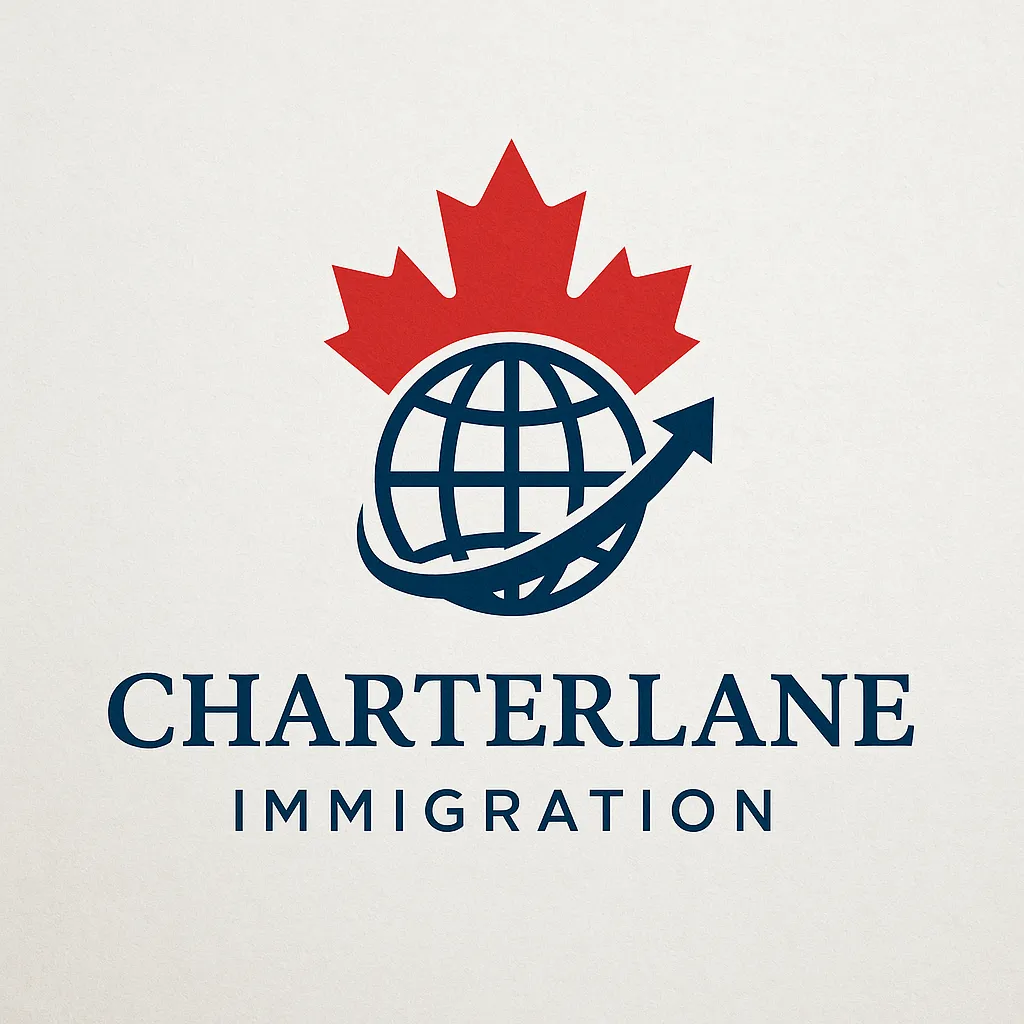204-259 Boulevard Saint-Joseph, Gatineau, Quebec J8Y 6T1, Canada
Canada Unveils Rural Community Immigration Pilot: 14 Communities Selected for Accelerated Permanent Residence Pathway

03 Nov
Canada Unveils Rural Community Immigration Pilot: 14 Communities Selected for Accelerated Permanent Residence Pathway
Canada has launched the Rural Community Immigration Pilot (RCIP) on January 30, 2025, selecting 14 communities across the country to participate in this innovative employer-focused permanent residence pathway. The RCIP replaces the former Rural and Northern Immigration Pilot (RNIP), which closed on August 31, 2024, and represents a significant expansion of opportunities for skilled workers seeking to settle in rural and remote Canadian communities.
The 14 participating communities span six provinces and include Pictou County (Nova Scotia), North Bay, Sudbury, Timmins, Sault Ste. Marie, and Thunder Bay (Ontario), Steinbach, Altona/Rhineland, and Brandon (Manitoba), Moose Jaw (Saskatchewan), Claresholm (Alberta), and West Kootenay, North Okanagan Shuswap, and Peace Liard (British Columbia). Each community is represented by local economic development organizations working directly with IRCC to identify labor gaps, nominate trustworthy employers, and recommend qualified candidates for permanent residence.
The RCIP operates as a community-driven program where participating communities take the lead in attracting new immigrants and matching them with local job vacancies. Unlike other immigration programs, the RCIP allows communities to assess prospective candidates who best fit their economic needs, have genuine employment opportunities, and demonstrate intention to remain in the community long-term.
Priority sectors vary by community but commonly include healthcare, education, manufacturing, construction, and specialized services. Several communities have already reached capacity limits for specific occupations, with Sault Ste. Marie announcing caps for restaurant workers and security supervisors within months of launch, indicating high demand for the program.
The application process requires candidates to secure job offers from designated employers within participating communities, with processing times of approximately 12 weeks after submission of complete applications. Employers must first become designated through their local economic development organizations before offering positions to foreign workers, ensuring alignment with community economic priorities.
The RCIP offers significant advantages including shorter processing times, individualized settlement services, and direct pathways to permanent residence without requiring provincial nominations. Successful applicants receive comprehensive community support including connections to settlement services, mentoring opportunities with established community members, and access to essential services like healthcare, education, and housing.
This community-driven approach represents Canada's commitment to distributing immigration benefits beyond major urban centers, addressing labor shortages in rural areas while providing immigrants with affordable living costs, strong community connections, and quality of life opportunities often unavailable in larger cities. The program's success depends on genuine community engagement and long-term settlement intentions from participants.



_1762154738.webp)
